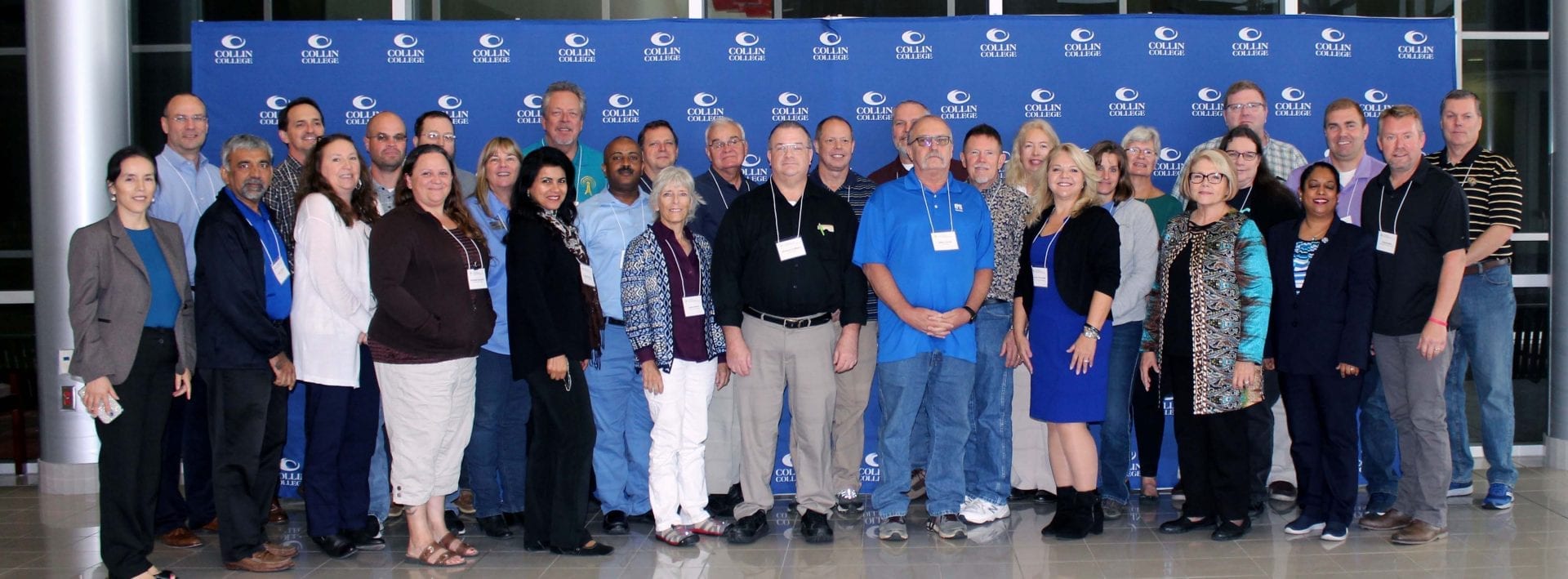Learn New Strategies and Tools from the CCN
It’s become a tradition for the last meeting of the National Convergence Technology Center’s (CTC) Convergence College Network (CCN) to focus on resource sharing. The December meeting gives the floor to CCN faculty members to present “lightning round” talks on successful strategies, best practices, and resources. This kind of faculty sharing is the cornerstone of the CCN, a collection of faculty and administrators from IT programs across 79 colleges in 30 states. This meeting recently featured presentations from colleges in five different states. Below are some of the highlights of those talks.
- Student success relies on their ability to do the work without step-by-step directions. Some students can struggle with this, but employers won’t be providing detailed instructions for every task. One solution may be to move beyond the standard tests and quizzes towards more practical exams and challenge labs.
- Because employers allow Google access in the workplace, students should be allowed internet access during tests and labs.
- Programs should consider teaching across multiple cloud platforms – AWS, Azure, and Google – rather than picking just one.
- ZyBooks is a kind of enhanced, online textbook with interactive elements, including challenges and practice lab spaces. Faculty can modify the ZyBooks content templates to align with a specific course. ZyBooks also provides a student usage report so faculty can see the metrics on the time spent accessing the content.
- Students can be leery of taking certification exams, so encourage them by celebrating the success of students who do. One instructor posts photos of the certifications in the hallway, thus creating interest in other students who want to get their name and photo on the wall as well.
- That same instructor also made a point to show his students proof that he has failed certification tests in the past. Failure is okay. Help students understand how to become successful.
- Make every interaction with students a teaching moment, even for those students who aren’t “yours.” This includes discussions outside of the classroom, like in the hallways.
- Online polling tools (PollEverywhere and Mentimeter) can provide some anonymity to students who may be reluctant to engage in class.
- Rocketchat – works better, one instructor believes, that typical learning management system (LMS) discussion boards, though it will require some work to set up. The open source version needs to be installed on your server.
- Unusual alternatives to PowerPoint slides and video presentations include Loom, Zeetings, and Reveal.
- Cybersecurity students need practice analyzing and mitigating threats that mimic the real world, rather than just working through prescribed exercises. As of November, there were 507,000 open cybersecurity job positions with a 62% projected growth rate beyond that. Further, more than half of applicants qualify for cybersecurity positions as written.

